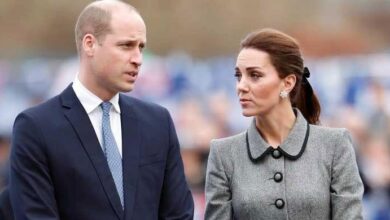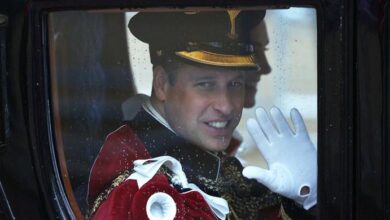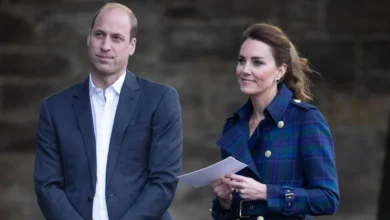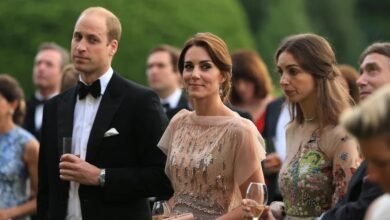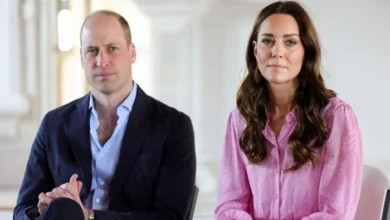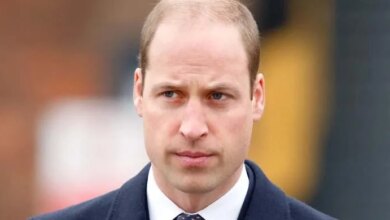Prince William’s Part Time Monarchy Vision Sparks Shockwaves Inside the Palace
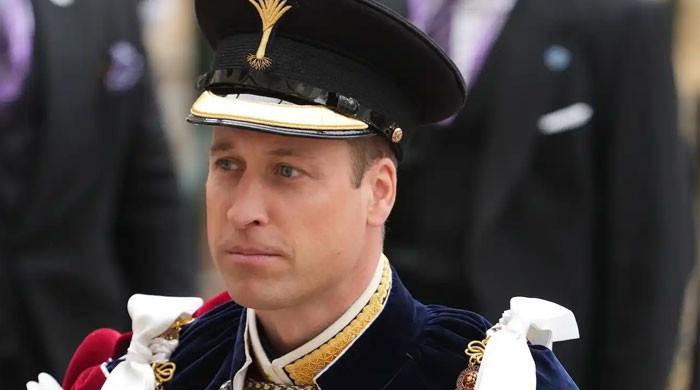
Prince William is reportedly planning to shake up centuries of royal tradition with a bold and controversial idea a part-time monarchy. According to royal insiders the Prince of Wales envisions a modern, family-centered approach to kingship that would prioritize his wife Kate Middleton and their three children over relentless royal engagements.
The revelation, first reported by Radar Online, has sent ripples through royal circles. Insiders claim the future king is determined to redefine the monarchy’s image, choosing balance and personal well-being over the nonstop public schedule that defined his grandmother Queen Elizabeth II’s reign.
One source explained, “William wants to prioritize family life with Kate and their children, George, Charlotte, and Louis. He’s determined not to let royal duty consume every part of his existence the way it did for past monarchs.”
According to reports, the idea of a “part-time king” stems not from laziness or indifference, but from love and devotion to the Princess of Wales. Since Kate’s ongoing recovery from her cancer diagnosis, William has become fiercely protective of his family’s privacy, even if it means breaking long-standing royal customs.
“Kate has completely re-evaluated her life since her illness,” the insider revealed. “She wants to live more simply, surrounded by nature, and focus on her family and her health. She believes fresh air, peace, and time outdoors are key to staying strong.”
This shift has reportedly centered around their quiet Windsor residence, Forest Lodge, which the Princess views as a sanctuary. “Forest Lodge gives her that space but it also means William will have to make choices about how much time he spends in London versus Windsor,” the source added.
While the couple’s commitment to each other has drawn admiration, the concept of a “part-time monarchy” has sparked serious debate within the palace. Some insiders are uneasy, warning that William’s vision could backfire by weakening the crown’s connection to the people.
A palace aide reportedly voiced concern, saying, “By putting family life and privacy first, William could start to lose touch with the public. The late Queen always believed visibility was essential – and some think he’s pulling back more than he should.”
Indeed, Queen Elizabeth II’s reign was built on unwavering dedication and constant presence. She famously believed that being seen was part of the job a philosophy summed up by her mantra, “I have to be seen to be believed.” William’s apparent shift away from that ethos has left royal traditionalists uneasy about the direction the monarchy might take under his leadership.
Supporters of the Prince of Wales, however, argue that his approach reflects a more realistic and modern understanding of what it means to lead in the 21st century. They point out that public expectations have evolved, and that authenticity and relatability now carry more weight than endless formal appearances.
A royal commentator noted, “William and Kate represent a new generation. Their popularity stems from the fact that they seem real and they laugh with their children, they take them to school, they experience life outside palace walls. That’s what people admire.”
Still, others fear the risk of overcorrection. The monarchy’s strength, after all, has always relied on its visibility and continuity. If the heir to the throne spends too much time out of the public eye, critics warn it could create a perception of distance and detachment the very image the royal family has tried to shed since the Diana years.
For now, William appears undeterred. He is said to believe that his long-term vision a monarchy that balances service with personal fulfillment will ultimately strengthen, not weaken, the institution. Those close to him insist he remains deeply committed to duty, but simply wants to set boundaries that allow his family to thrive.
As one insider put it, “William’s not rejecting royal duty; he’s redefining it. He wants to serve the crown, but not at the cost of his family’s happiness.”
Whether this approach will be embraced or resisted remains to be seen. But one thing is clear: Prince William’s era will not be a repeat of the past. With the next generation of royals growing up under his care, his vision for a more balanced monarchy could mark the beginning of a dramatic new chapter in royal history.
